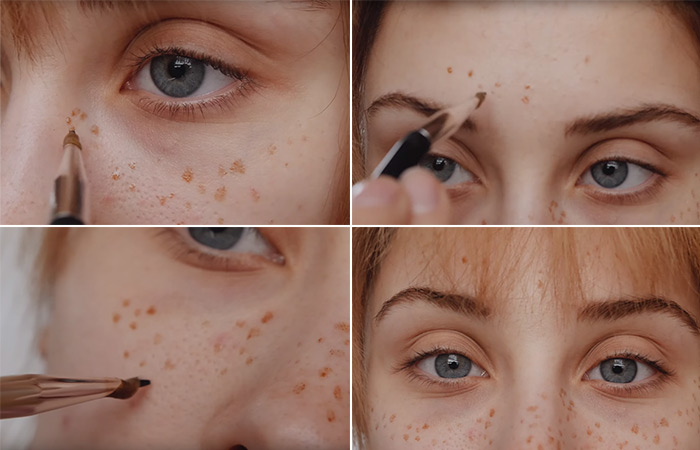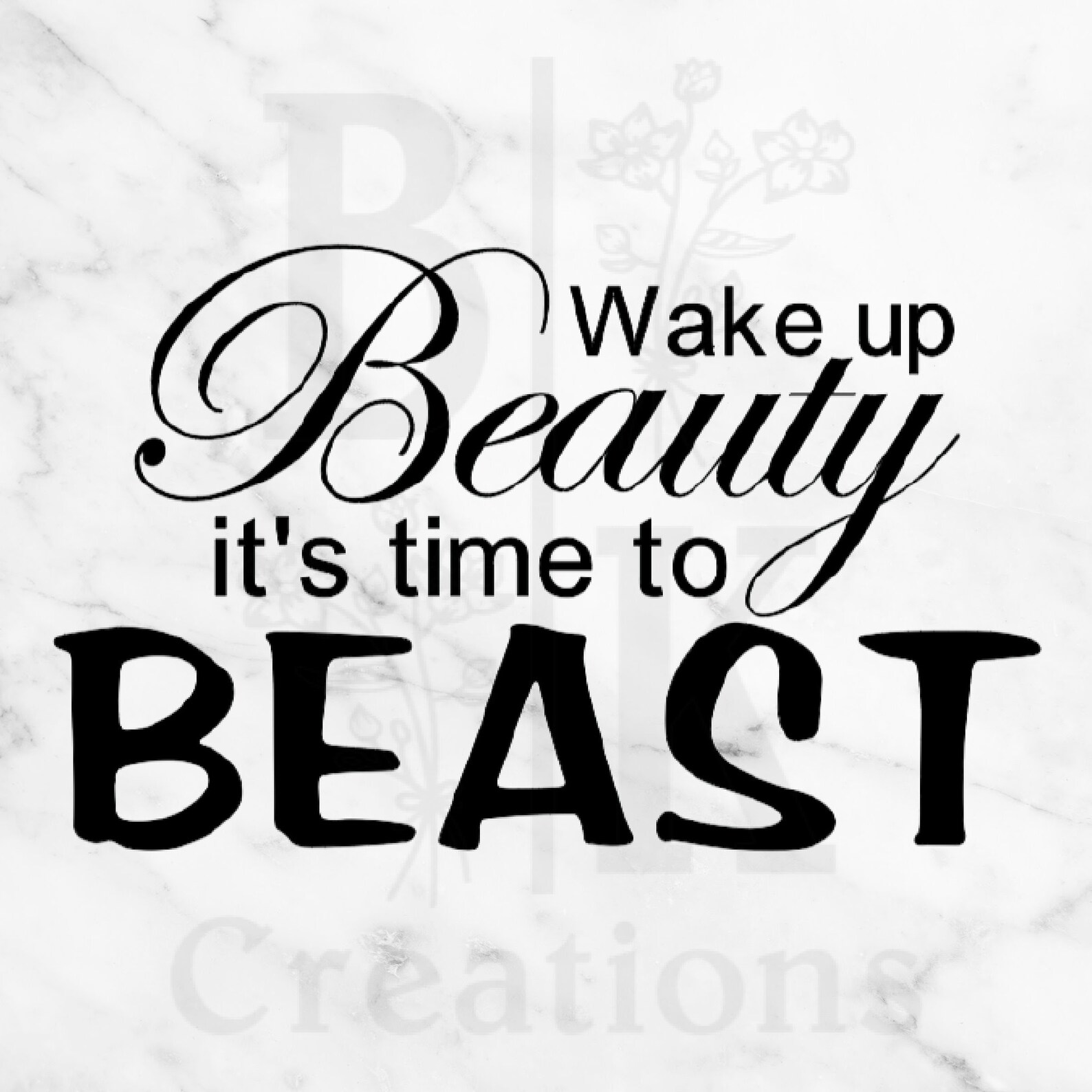

#WAKE UP TIME TO PUT A LITTLE MAKEUP HOW TO#

Gender Dysphoria versus Gender Euphoria and the problems with the DSM
#WAKE UP TIME TO PUT A LITTLE MAKEUP FULL#

The privilege cis folks have in not being asked to assess/address their gender.The role that society plays in defining gender and the binary.“Sexuality and gender should be discussed across the board for everyone” – Beck Gee-Cohen, MA CADC-II The work that therapists must do around gender Therapists need to do their own work around gender.What you do need to learn from your trans clients.Understanding trans identity 101 is a basic level of knowledge that all therapists should have.Finding the balance between focusing on a client’s trans identity and other elements of their identity and experience.Getting pronouns correct is a basic expectation at this point.Modern therapists need to keep learning when working with trans clients We invited Beck Gee-Cohen, MA CADC-II to come talk with us about providing therapy for trans individuals. In this podcast episode we talk about trans mental health Alongside the already dynamic team at Visions Adolescent Treatment Center in Los Angeles, young LGBTQ+ people and their families will find a space that serves their specific needs in regards to healing and thriving. It includes process groups, psychoeducation, and family programming with professionals specifically trained and experienced in the LGBTQ+ population and best practices. This program is for young people at Visions who identify in the community, those who are questioning, and their families.

Beck is the Director of LGBTQ+ Programming at Visions Adolescent Treatment Center. Over this decade, Beck has trained numerous facilities on LGBTQ+ best practices, has been a keynote and presenter at many conferences, and has facilitated workshops about LGBTQ+, trauma, adolescents, gender and sexuality. The main focus of his work has been invested in the LGBTQ+ community, adolescents, and families. Beck has worked in the mental health & substance use field for over 10 years in various capacities. Interview with Beck Gee-Cohen MA CADC-II Director of LGBTQ+ Programmingīeck is a master’s level clinician with an undergraduate degree in Sociology with an emphasis on Gender & Sexuality and a master’s degree in Addiction Counseling. Curt and Katie talk to Beck about gender identity (and why every therapist should do their own work around gender), historical perspectives on masculinity and femininity, the concepts of trans resilience and gender euphoria, the real problems with the DSM diagnosis of gender dysphoria and considerations for providing therapy to trans clients. Working with Trans Clients: Trans Resilience and Gender EuphoriaĪn interview with Beck Gee-Cohen, MA CADC-II, about how therapists can be better clinicians for trans people.


 0 kommentar(er)
0 kommentar(er)
